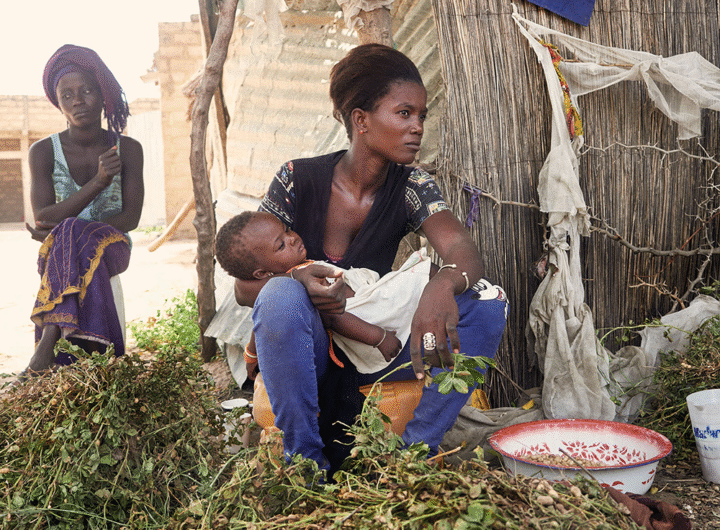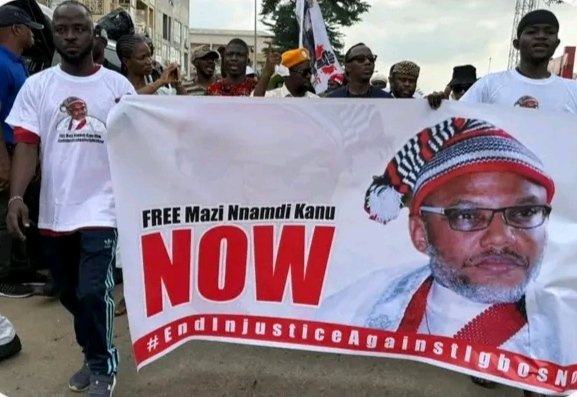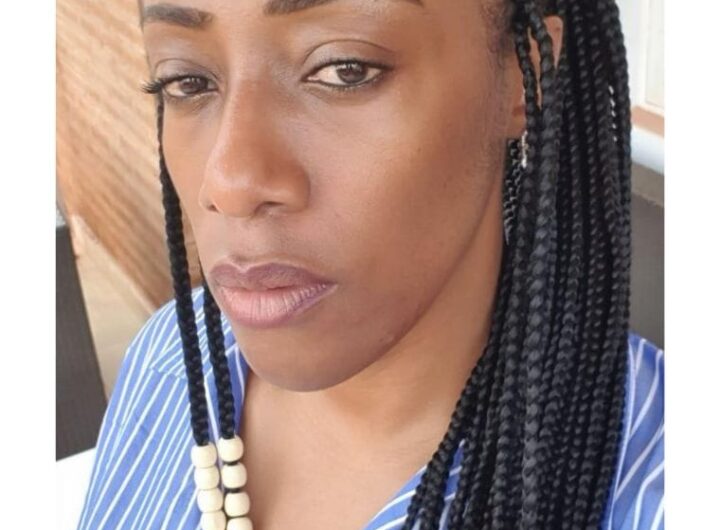
Vector Illustration of World Mental Health Day
By: Chioma Madonna Ndukwu
Finding Calm in the Chaos as Africa Marks World Mental Health Day
In the noise of a continent that never truly sleeps, many Africans are quietly fighting for something priceless, peace of mind.
This year’s World Mental Health Day, observed every October 10, arrives at a time when economic hardship, insecurity, and social instability are testing the limits of endurance from Lagos to Lusaka.
The day, first established by the World Federation for Mental Health in 1992, is meant to remind the world that mental health is not a luxury but a right.
Across Africa, more than 100 million people live with some form of mental health condition, according to the World Health Organization (WHO), yet fewer than 20 percent receive any form of care. In Nigeria alone, there are fewer than 300 psychiatrists for over 200 million citizens; a crisis that stretches both the system and the soul.
It’s like we’re all holding our breath, waiting for things to get better,” says Ifunanya Okorie, a clinical psychologist based in Abuja. “Every policy shock, fuel prices, job loss, insecurity, takes a piece of people’s peace. The mind is breaking faster than the body.”
The stories behind the statistics are deeply human. Tunde Afolabi, a 36-year-old banker who lost his job last year, says the weight of uncertainty often keeps him awake at night. “I smile during the day,” he admits, “but inside, I’m running.”
In Zambia, mental health challenges mirror much of Nigeria’s struggle. Grace Mwansa, a mental health advocate in Lusaka, says stigma remains one of Africa’s toughest battles. “People still whisper about depression like it’s shameful,” she notes. “You can lose your job and your mind, but society expects you to keep smiling.”
Experts say that poverty, conflict, and social isolation continue to worsen Africa’s mental health burden. The World Bank estimates that over half of sub-Saharan Africans live below the poverty line, creating a vicious cycle where economic pain feeds emotional exhaustion.
As Chinua Achebe once wrote, “When suffering knocks at your door and you say there is no seat for him, he tells you not to worry because he has brought his own stool.”
In today’s Africa, that stool has been firmly placed in too many homes. Yet amid the despair, voices of hope persist. Several African nations, including Kenya, Ghana, and South Africa, are integrating mental health services into primary healthcare systems. Nigeria’s Mental Health Act of 2023 is another step forward, though implementation remains painfully slow.
There is no keener revelation of a society’s soul than the way it treats its people,” Nelson Mandela once said, words that resonate across Africa’s cities, where silence has too often replaced support.
On this World Mental Health Day, Africa stands at a crossroads, between silence and conversation, between endurance and healing. For millions across the continent, finding calm in the chaos has become both a daily act of courage and a quiet demand for dignity.



 When Authority Clashes Respect Shatters and Nigeria’s Military and Politicians Stand at a Crossroads
When Authority Clashes Respect Shatters and Nigeria’s Military and Politicians Stand at a Crossroads  Nigeria’s Bleeding Cross Reveals the Pain Behind Trump’s Warning on Our Security
Nigeria’s Bleeding Cross Reveals the Pain Behind Trump’s Warning on Our Security  Postpartum Psychosis: The Hidden Battle African Mothers Should Not Fight Alone
Postpartum Psychosis: The Hidden Battle African Mothers Should Not Fight Alone  Nigeria’s Battle Over Nnamdi Kanu’s Freedom Turns the Courtroom into the New Protest Ground
Nigeria’s Battle Over Nnamdi Kanu’s Freedom Turns the Courtroom into the New Protest Ground  Africa’s World Cup Woes: Why Nigeria and South Africa’s 2026 Drama Exposes a Deeper Rot
Africa’s World Cup Woes: Why Nigeria and South Africa’s 2026 Drama Exposes a Deeper Rot  Mind the Gap: Why Nigeria Must Confront Its Dyslexia Crisis
Mind the Gap: Why Nigeria Must Confront Its Dyslexia Crisis  House committee praises FAAN for fostering safety culture
House committee praises FAAN for fostering safety culture  Hichilema’s Visit to Harare Signals Renewed Zimbabwe–Zambia Cooperation
Hichilema’s Visit to Harare Signals Renewed Zimbabwe–Zambia Cooperation  TODAY IN HISTORY – 14th Nov, 2025 – Africa World News
TODAY IN HISTORY – 14th Nov, 2025 – Africa World News  South Africa Admits 153 Palestinian Refugees After Initial Entry Delay
South Africa Admits 153 Palestinian Refugees After Initial Entry Delay